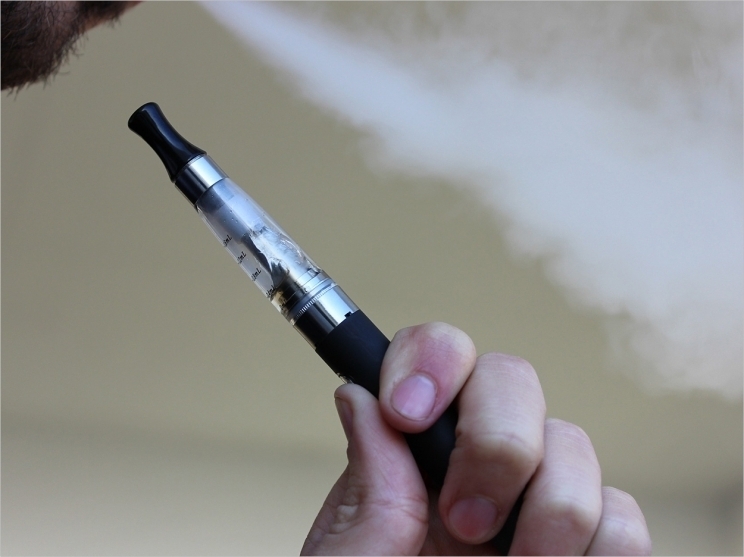
In light of recent reports of vaping-related injuries and deaths, the ADA has expressed its opposition to any use of oral tobacco, including vaping nicotine from e-cigarettes, and urges people using any type of tobacco product to quit.
“Vaping is not a safe alternative to cigarettes or other tobacco products,” said ADA president Chad Gehani, DDS. “When it comes to your teeth and gums, vaping could be just as dangerous as cigarette smoking.”
The ADA has advocated for the development of a body of scientific research examining the effects of both tobacco and non-tobacco nicotine products as part of the ADA policy on tobacco use.
In September, the ADA House of Delegates passed a resolution stipulating that the word “vaping” and any other alternative nicotine delivery systems be added to the existing ADA policy focused on tobacco use prevention, research, and regulation.
“While the long-term oral health effects of vaping are under scientific review, as health professionals we must be prudent in protecting consumers from products that are harmful to their health,” said Gehani.
The ADA and more than 50 organizations led by the Campaign for Tobacco-Free Kids has commended the White House for its plan to remove all non-tobacco flavored e-cigarettes from the market, including mint and menthol flavors.
Also, the ADA joined 50 other health groups asking members of Congress to cosponsor the Reversing the Youth Tobacco Epidemic Act of 2019, which would create stricter regulations for vaping devices and liquids, including controls on advertising, flavoring, and more.
The ADA is a supporting organization of the newly formed bipartisan Congressional Caucus to End the Youth Vaping Epidemic, which will review needed legislative solutions that will protect American youth from the dangers of vaping and nicotine addiction.
The Centers for Disease Control and Prevention has issued the official name EVALI, which stands for e-cigarette or vaping product use associated lung injury, as well as interim guidance for health professionals to diagnose, evaluate, and treat patients with its symptoms.
Related Articles
Vaping’s Growing Popularity Sparks Concern
Dentists Encouraged to Address the Long-Term Risks of Vaping
Dental Groups Join Coalition Asking for Flavored E-Cigarette Ban



